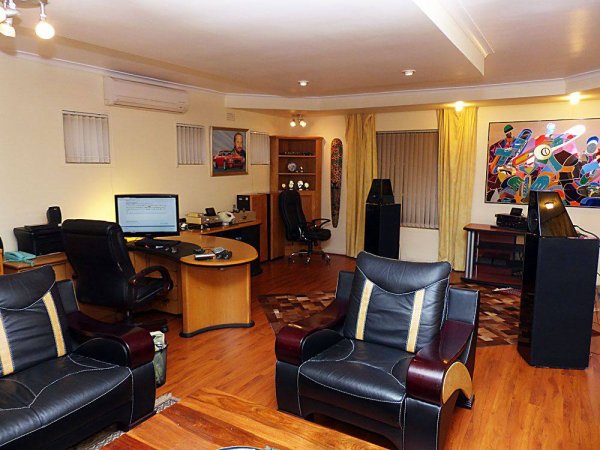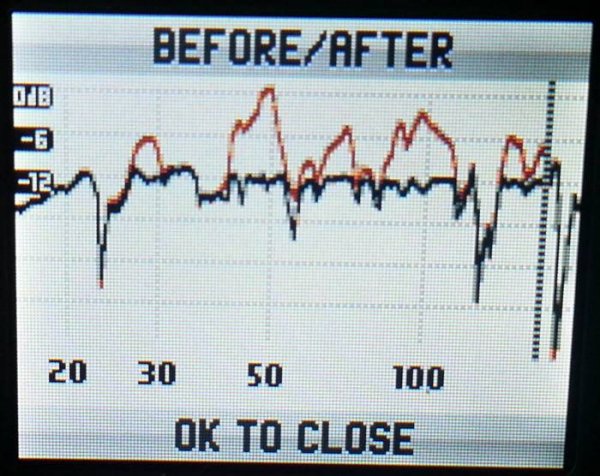This is my first post here , but I am active on other forums
The issue is that "a straight wire with gain" has been drilled into audiophile heads.Thus ANYTHING to do with modification of the signal is shot down. It seems that spending vast sums box swapping to cure what cannot be cured via a new box is the approach.
The 2nd issue is that the % of audiophiles that actually mess with speaker/listening chair positioning , take the time to treat and measure their room is very small.
Added to that , most listening rooms are not dedicated and are twin purpose.
Bearing all that in mind , DSP in the low bass is often the only or a pretty good option for some.
I have a dedicated 11m x 7.5 m room , treated for mids and highs , and to a certain extent for bass. however to really treat the room properly for bass would require some serious traps , not something I am prepared to do. I also don't have that much leeway for the sitting position.
I have been a long time believer in DSP room correction or EQ ,, from sigtech , tact , lyngdorf, Z-sys , Behringer and so forth.
Currently I'm using a Dspeaker antimode 2.0 to "correct" the bass of 2 x SVS ultra 13 subs in conjunction with Meridian DSP6000 speakers.
I did try all the conventional ways of getting a good bass response at seated position , but found the easiest and best sounding way was to set correction below 120hz and let the Dspeaker handle it.
The results are astonishing , both measured and audibilty wise.
I am of the opinion that it's only my ears I have to please , and that I don't know or dont have any reference to what the mastering engineer heard thru his monitors in his room , so I might as well adjust the sound to what I like.
I couldn't care if others don't like it or denigrate me for using RC/DSP...
Here is a pic of my room without the Mid/HF panelling (which is between the square windows and at 1st reflection point (unseen) i8 listen from the office chair at the desk.
and the 2nd pic is how the Dspeaker "fixed" the bass
I have just ordered a minidsp OpenDRC-Di and will use Acourate to generate the FIR filters and give that a whirl and compare it to the antimode
I do not believe that DSP is a panacea , it is just a tool to be used for fine tuning..

















